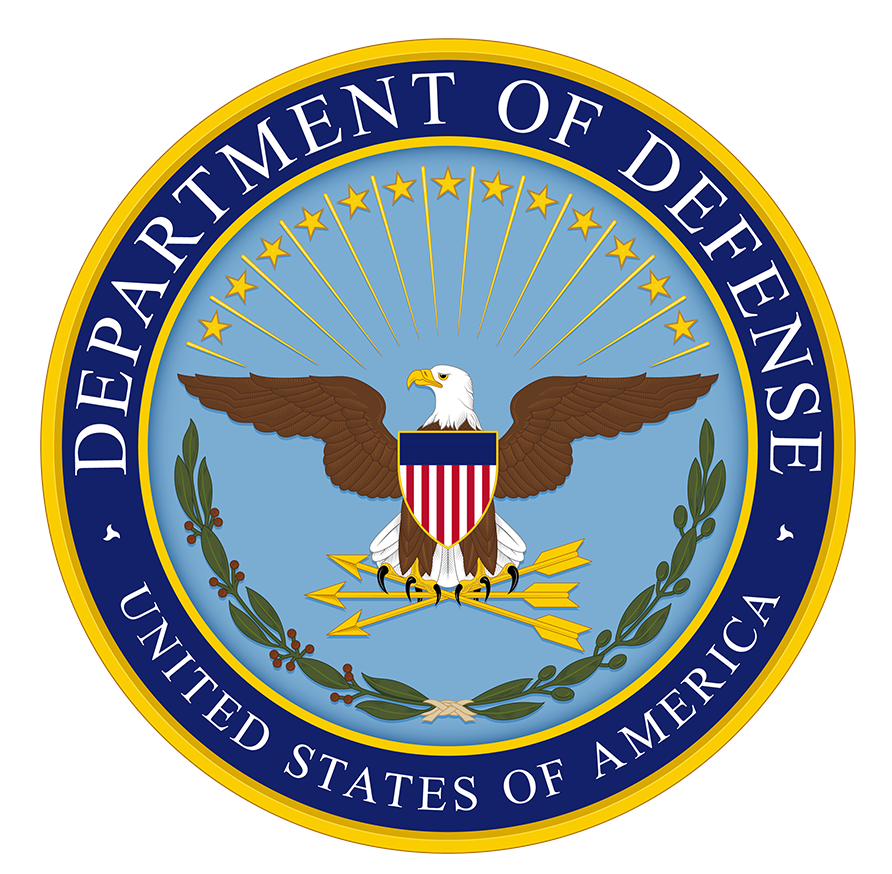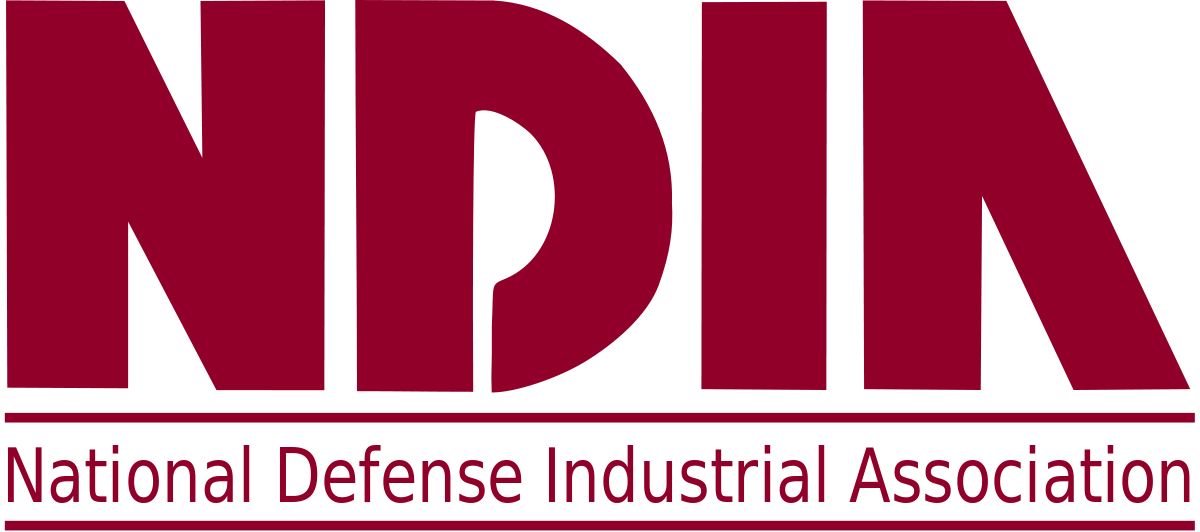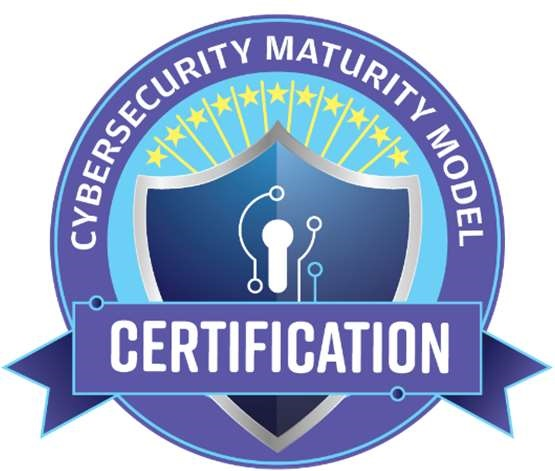In the realm of national security, protecting sensitive data within the Defense Industrial Base (DIB) is of utmost importance. Regulations like the International Traffic in Arms Regulations (ITAR) and the Cybersecurity Maturity Model Certification (CMMC) both highlight the significance of safeguarding sensitive information, such as export-controlled data and Controlled Unclassified Information (CUI). But what is ITAR, and how does it relate to CMMC? These two regulations have key differences, and we’ll shed some light on the importance of each within the DIB and their critical roles of compliance in maintaining national security.
What is ITAR? Upholding Data Sovereignty and Security
ITAR, overseen by the U.S. State Department, is a cornerstone regulation governing the export and import of defense-related articles, services, and technical data. Its primary objective is to prevent the unauthorized transfer of sensitive technologies to foreign entities. Items listed on the U.S. Munitions List (USML) fall within its purview, requiring strict compliance measures.
“For defense contractors, if they have defense contracts and are producing manufacturing items that are controlled under the ITAR for the U.S. Department of Defense, that ITAR data will also be CUI,” says Alex Trafton, senior managing director at Ankura. “ITAR data is controlled under the ITAR by its very nature; whereas CUI is driven by whether the Department of Defense has technical rights to the data under an acquisition contract, so that is where you can start to see those rows divide.”
To align with ITAR requirements, companies who manufacture or sell USML items must adhere to rigorous standards including:
- Registration with DDTC: Firms engaging in transactions involving USML-linked goods or services must register with the Directorate of Defense Trade Controls (DDTC).
- Comprehensive Understanding: Thorough comprehension and adherence to ITAR regulations are essential for compliance.
- Education and Training: Ongoing education and training initiatives ensure that employees are well-versed in ITAR obligations, reducing the risk of inadvertent violations.
- Robust Safeguarding Measures: Implementing robust data protection measures, such as end-to-end encryption and access controls, is crucial for safeguarding ITAR-controlled data against unauthorized access or disclosure.
Compliance with ITAR serves as a linchpin for maintaining data sovereignty and security within the DIB ecosystem. The Defense Industrial Base plays a pivotal role in supporting national security objectives by supplying goods and services to the Department of Defense (DoD). Upholding ITAR compliance safeguards the integrity of sensitive information critical to defense operations, fortifying the nation’s defense posture against external threats.
CMMC: Fortifying Cyber Resilience in the DIB
When CMMC was introduced by the DoD back in 2019, it represented a paradigm shift in cybersecurity governance within the DIB by mandating cybersecurity requirements for DIB contractors. It aims to strengthen defenses against evolving cyber threats and protect sensitive information shared with contractors via authorized third-party assessments to validate compliance with current cyber requirements.
CMMC will continue to evolve, bringing enhancements to the original framework, focusing on topics such as:
- Cost Reduction: Efforts to minimize compliance costs, particularly for small businesses, promote broader participation within the DIB.
- Enhanced Trust: Measures aimed at bolstering trust in the assessment ecosystem foster confidence among stakeholders regarding the effectiveness of cybersecurity controls.
- Alignment with Federal Standards: Harmonization with federal cybersecurity standards ensures consistency and interoperability across government contracts.
- Data Protection Imperatives: Under the CMMC framework, contractors must adhere to stringent data protection requirements, including:
- NIST SP 800-171 Compliance: Conforming to the stipulations outlined in NIST SP 800-171 is mandatory for safeguarding Covered Defense Information (CDI).
- Incident Reporting Obligations: Timely reporting of cyber incidents affecting CDI ensures swift remediation and containment of security breaches.
- CTI Safeguarding: Controlled Technical Information (CTI) requires robust safeguards, including encryption and regular audits to prevent unauthorized access.
- CUI Protection Protocols: Controlled Unclassified Information (CUI) must be shielded using prescribed measures delineated in NIST SP 800-172 and SP 800-172A.
- Bridging Compliance: Safeguarding National Interests
While ITAR and CMMC operate within distinct spheres, they converge in their overarching goal of protecting national interests and enhancing security within the DIB. Compliance with these regulations is non-negotiable, as any lapses could jeopardize sensitive information critical to national defense.
ITAR and CMMC Challenges and Opportunities
Navigating the intricacies of ITAR and CMMC compliance poses challenges for DIB contractors, requiring concerted efforts to overcome regulatory hurdles. However, with the evolution of CMMC and its emphasis on cost reduction and trust enhancement, opportunities arise for streamlining compliance endeavors and strengthening cyber resilience across the DIB landscape.
Effective collaboration between industry stakeholders, regulatory bodies, and government agencies is essential for fostering a culture of compliance and resilience within the DIB. By synergizing efforts and sharing best practices, stakeholders can collectively address emerging threats and bolster the nation’s defense posture.
ITAR and CMMC regulations serve as valuable and foundational requirements to properly safeguard national security interests and strengthen cyber resilience within the defense industrial base. Compliance with these regulations is imperative for upholding data sovereignty, mitigating cyber threats, and preserving the integrity of sensitive information critical to defense operations. By navigating the nuances of ITAR and CMMC requirements and prioritizing compliance efforts, DIB contractors can contribute to fortifying the nation’s defense infrastructure and ensuring readiness to counter evolving security challenges.






